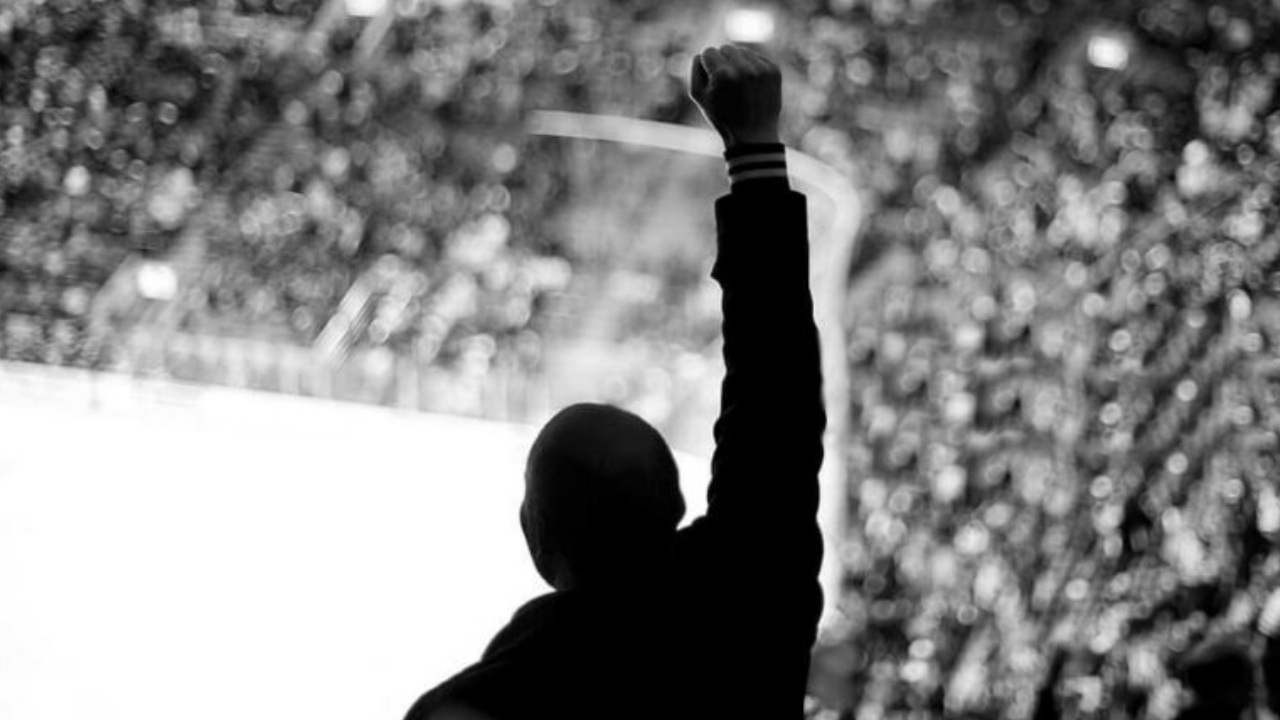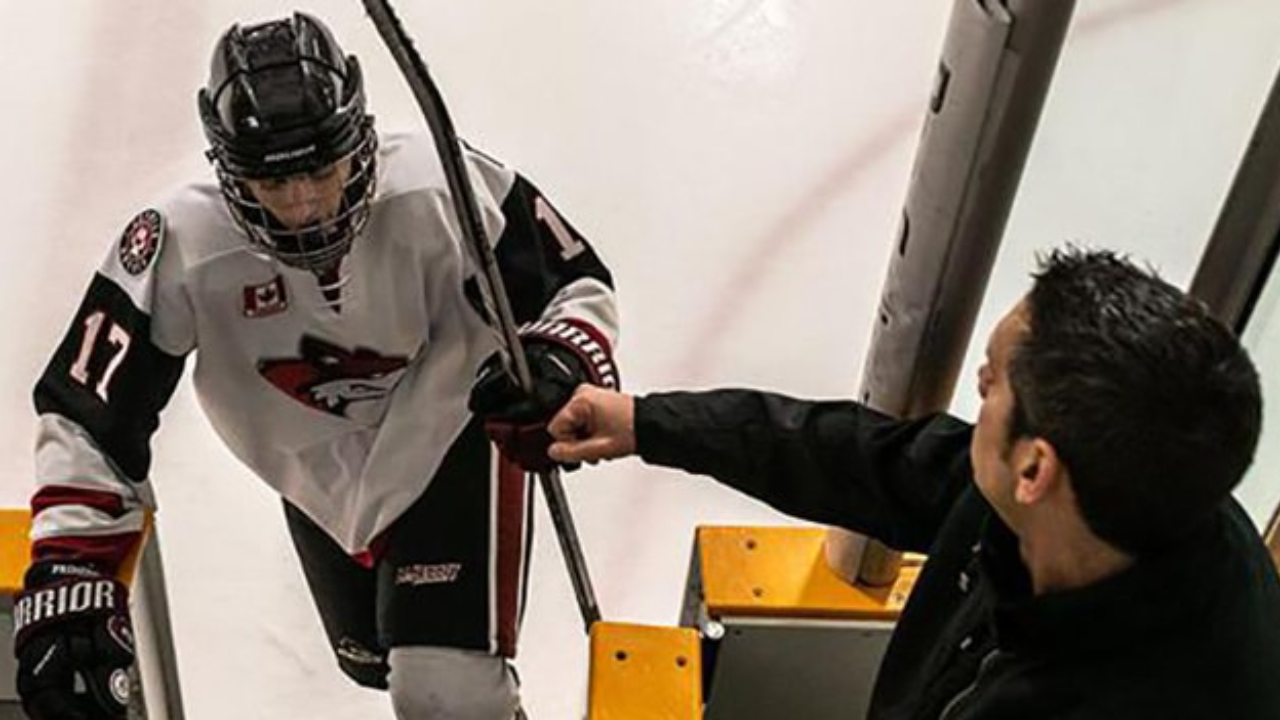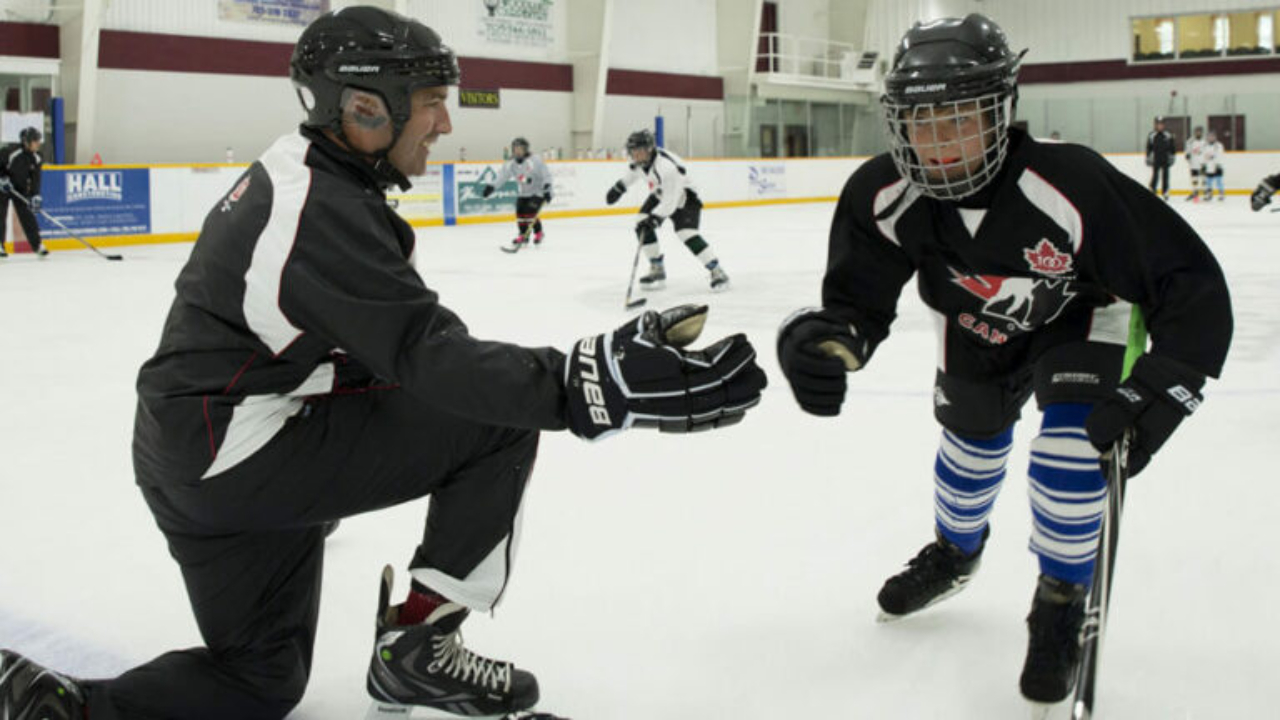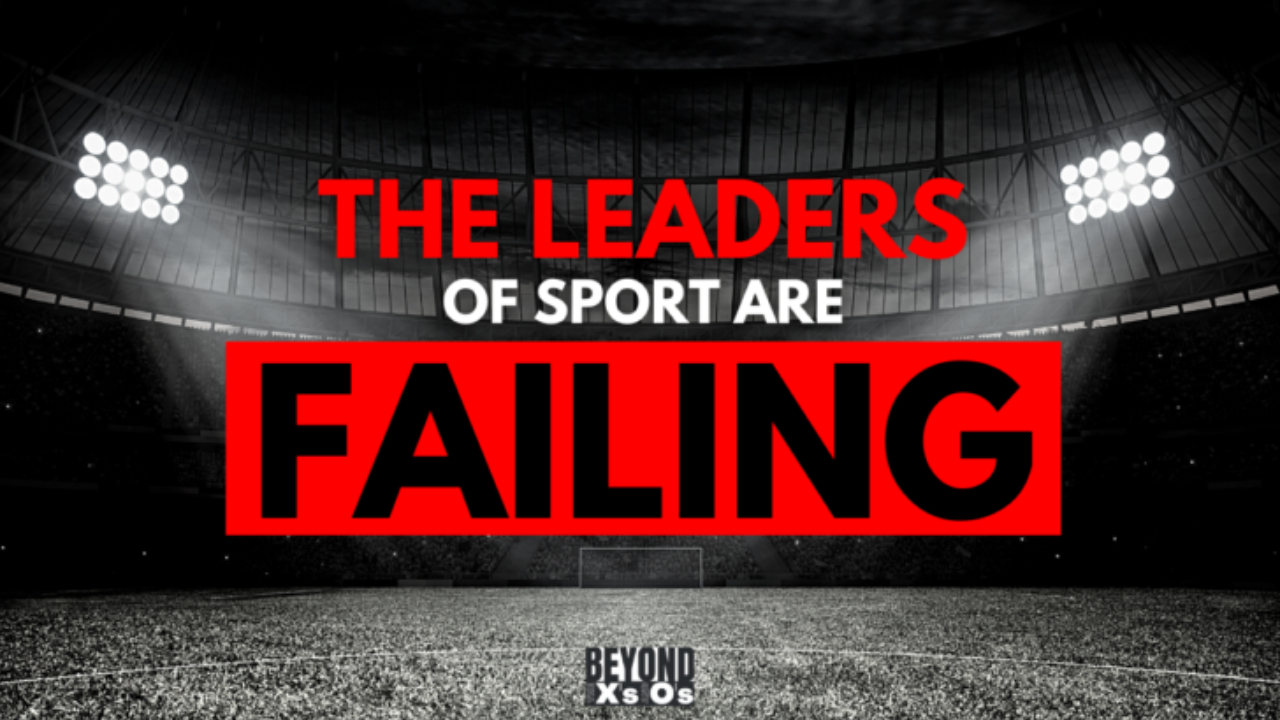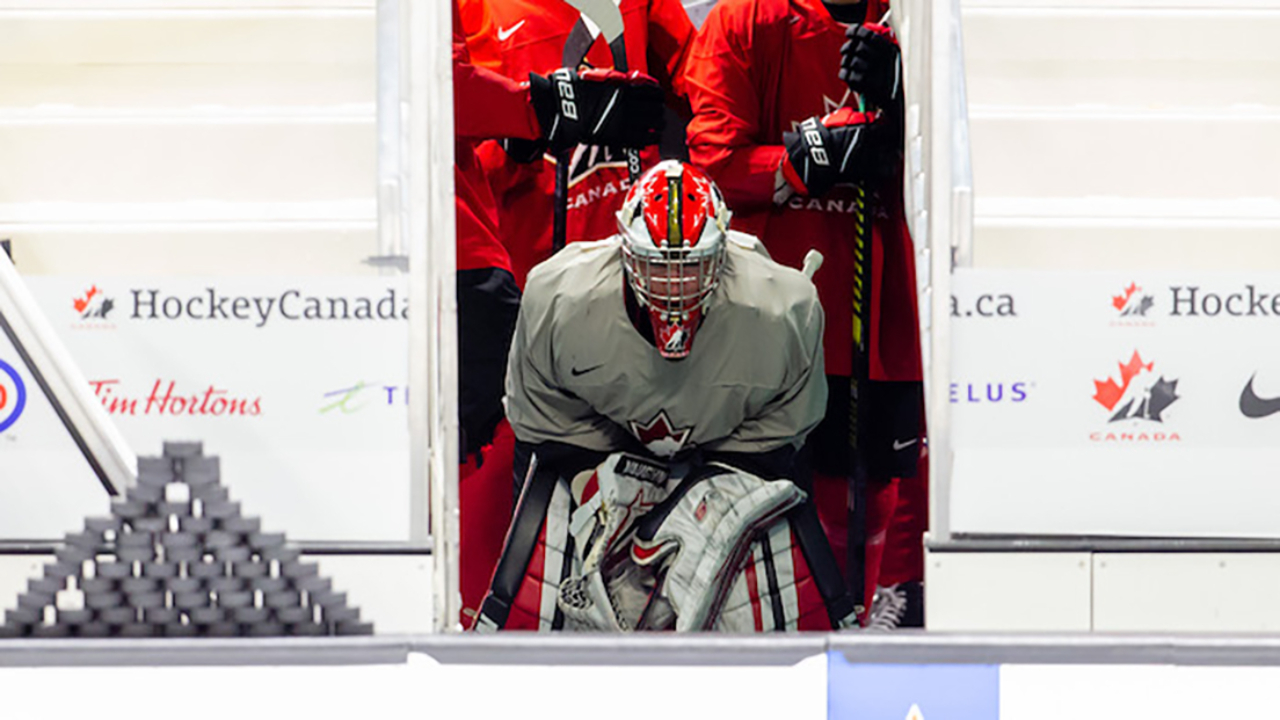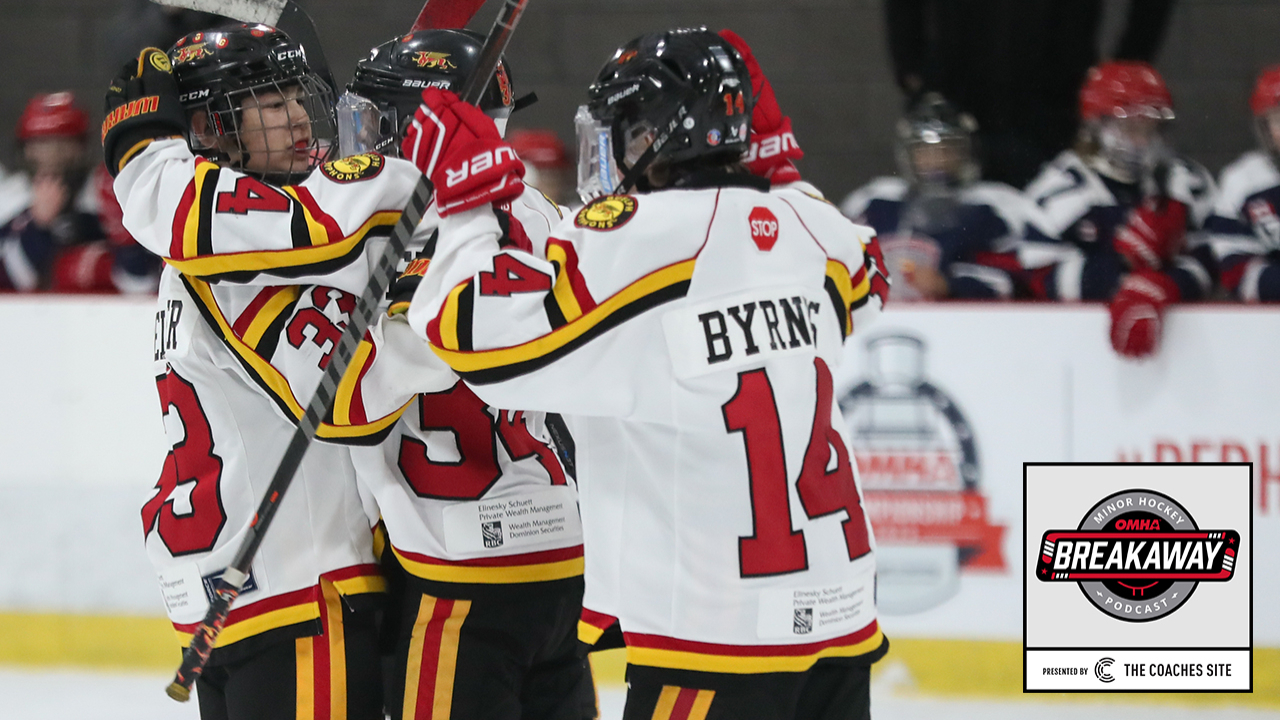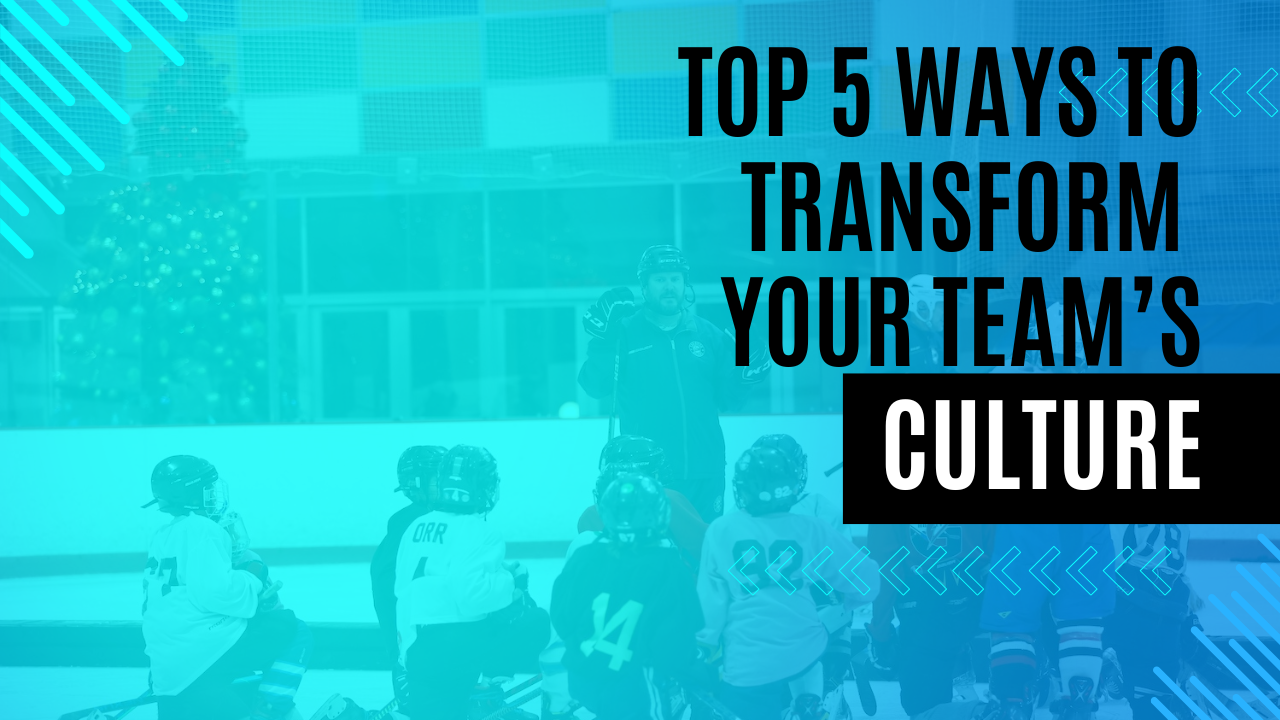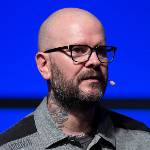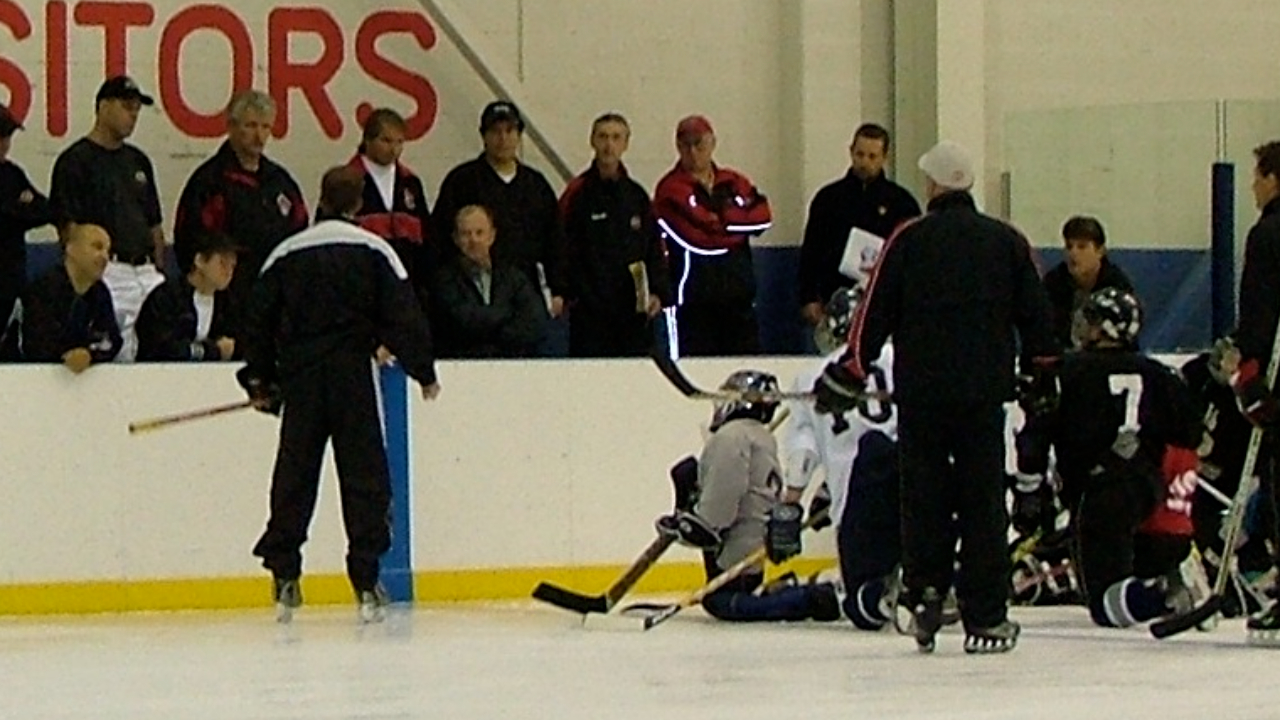
The looming sexual assault trial involving members of the 1989 World Junior team casts a long, dark shadow over hockey and sport in general. This disturbing incident—and the troubling culture that allowed it to occur—demands more from us than fear, silence, or avoidance. As coaches, leaders, and sport advocates, we must confront this uncomfortable reality and commit to meaningful change.
Yet beyond this single event, there lies a deeper, systemic challenge: the need to reshape the very culture of sport, particularly in how we define masculinity, leadership, respect, and personal integrity for the young people in our care.
I. The Persistent Problem in Sport Culture
Despite progress, awareness campaigns, continuing education, and new policies, incidents of abuse, harassment, misconduct, and ethical violations continue to emerge in Canadian sport. National Sport Organizations (NSOs), Regional Sport Organizations (RSOs), and Local Sport Organizations (LSOs) have invested in reforms: leadership overhauls, third-party reporting mechanisms, gender inclusion training, and consent education. Some corporate sponsors, who previously withdrew support, are cautiously returning.
But these efforts raise critical questions:
-
Are these reforms more than just public relations exercises?
-
Do they truly change hearts, minds, and behaviours—or simply patch over deep cultural cracks?
The media continues to report breaches of conduct and failures of leadership. Meanwhile, public trust in sports institutions has eroded, as has the confidence of parents, government funders, and corporate partners. Rebuilding this trust requires not only new policies, but a new way of thinking, acting, and leading—starting with coaches.
II. The Coach’s Role: Front-Line Moral Leadership
As coaches, we stand on the front lines of culture change in sport. Whether in professional leagues or local minor hockey rinks, we shape the values, attitudes, and beliefs of the next generation. We are not just teaching skills; we are teaching character.
This responsibility cannot be outsourced to policy documents, online webinars, or distant administrators. We cannot shrink away because we feel uncomfortable, ill-equipped, or fearful of saying the wrong thing. Nor can we hide behind old attitudes packed with bias or denial.
"The three scariest words to a boy are 'Be a man.' Boys are taught to disconnect their hearts from their heads… If you don’t understand your own feelings, you’ll never understand the feelings and emotions of another human being." — Joe Ehrman, InSideOut Coaching
Instead, we must embrace a Transformational Coaching Approach—an approach that starts from within and extends to the players we lead.
III. Transformational Coaching: A Better Way Forward
Joe Ehrman’s InSideOut Coaching: How Sports Can Transform Lives offers a blueprint for this necessary transformation. Ehrman argues that coaches must be moral leaders, shaping not only athletes’ skills but also their humanity, empathy, and sense of purpose.
Core Principles of Transformational Coaching:
-
Know Your Purpose:
-
Why do I coach?
-
Why do I coach the way I do?
-
What does it feel like to be coached by me?
-
How do I define success?
-
-
Coach the Whole Person:
Sport must build character, integrity, and empathy—not just competition and trophies. -
Redefine Masculinity and Strength:
Strength means vulnerability, empathy, and respect—not dominance, conquest, or status. -
Challenge the "Three Lies of Manhood":
Reject the false beliefs that worth is based on:-
Athletic ability
-
Sexual conquest
-
Material wealth
Teach that true success lies in personal growth, positive relationships, and integrity.
-
IV. Practical Steps for Coaches: Changing Culture One Team at a Time
How can coaches lead this transformation—right now, with their own teams?
1. Start With Self-Awareness
✔️ Reflect on your purpose, values, and leadership impact.
✔️ Model integrity, vulnerability, and ethical courage.
2. Create Safe, Honest Dialogue
✔️ Open team meetings with emotional check-ins.
✔️ Normalize talking about feelings like fear, stress, and excitement.
✔️ Share your own stories of courage or vulnerability.
3. Explicitly Teach Respect and Consent
✔️ Discuss boundaries, consent, and how integrity extends to relationships and sexuality.
✔️ Bring in experts: counsellors, advocates, women athletes.
✔️ Declare zero tolerance for sexist, homophobic, or degrading "locker room talk."
4. Debunk Harmful Myths About Masculinity
✔️ Openly challenge the cultural lies about manhood, winning, and power.
✔️ Teach that worth comes from character, not athletic ability or conquest.
5. Empower Peer Leadership
✔️ Establish a team standard for respectful language and behaviour.
✔️ Empower captains and leaders to enforce these values with teammates.
✔️ Promote accountability among peers—not just top-down from coaches.
6. Connect Sport to Life Beyond the Game
✔️ Ask players: “What kind of person do you want to become after hockey ends?”
✔️ Discuss how daily choices shape their future relationships, work, and life.
✔️ Remind them: Sport is training for life, not life itself.
V. The Risk of Inaction
The greatest danger is doing nothing.
To ignore these lessons—or to rely on surface-level policies—is to risk further harm:
✔️ Another abuse scandal.
✔️ Another lost or damaged young person.
✔️ Another erosion of trust in sport.
As coaches, we cannot afford the belief that "it happens elsewhere, to someone else." Leadership means stepping into discomfort, taking responsibility, and guiding youth toward better ways of living, loving, and leading.
VI. Conclusion: A Call to Courageous Coaching
"Your worth isn’t based on wins, muscles, or money—it’s built on how you live, love, and lead." — Joe Ehrman
We are in a moment of reckoning in Canadian hockey—a moment that demands more from every coach.
The choice is ours:
-
Remain silent and complicit in a flawed culture, or
-
Lead boldly with empathy, ethics, and integrity—transforming sport into a force for good.
If we are to rebuild trust, heal broken systems, and serve the youth who look up to us, we must embrace transformational coaching—not as a luxury, but as a necessity.
For Further Action:
✔️ Consult your NSO/RSO/LSO resources on safe sport, consent education, and athlete protection.
✔️ Seek personal training in gender sensitivity, emotional intelligence, and ethical leadership.
✔️ Build a team code of conduct with your athletes—one that reflects these principles.
✔️ Never shrink from hard conversations. Step up, speak out, and lead the change.
Kids Help Phone: 1-800-668-6868
Canadian Sport Help Line: 1-888-83SPORT (77678)
LGBT Youth Line: 1-800-268-9688



